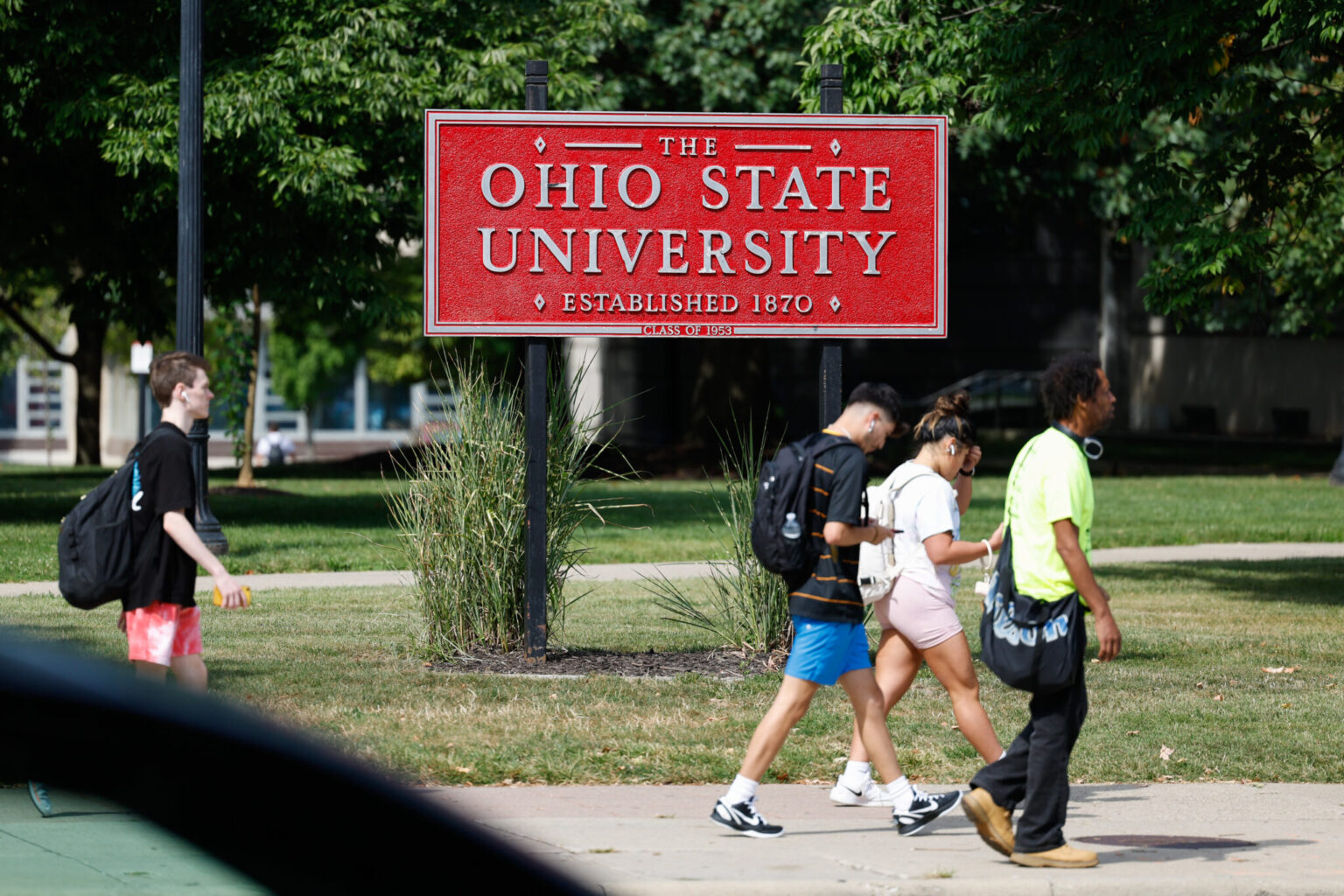David W. Blight is the Sterling Professor of History of Yale University and current president of the Organization of American History, and Joan E. Cashin is a Professor of History at The Ohio State University.
We write to oppose the proposed Ohio Senate Bill 1 higher education overhaul, which is currently under consideration in the Ohio legislature. We are historians of the American past and U. S. citizens who value our country.
History is a reasoned reconstruction of the past, rooted in the deepest evidence we can find, crafted into narratives that inform, educate, and sometimes inspire. History can indeed be influenced by ideological assumptions — but those are the ideas and tendencies that historians test and control through training in research, in critical thinking, in humility, in an ethics about documentation, and in the integrity of debate. All this is true of history educators and scholars, and the public’s trust is our ultimate goal, even our authority.
That authority is violated by SB1, which introduces government controls over the topics university professors may discuss in the classroom, banning such “controversial” topics as electoral politics, immigration policy, and marriage.
That would mean that instructors could not mention any Presidential election from the time of George Washington to the present; the immigrants who have come here since the Revolution, seeking a better life; or the history of marriage in the United States, in any generation.
Immigrants have been part of the fabric of American society for nearly 250 years and were warmly welcomed by the Founding Fathers, as well as in many eras that experienced labor shortages. Indeed, African Americans are descendant of “immigrants,” although most of them arrived enslaved.
This kind of government control over university faculty is more appropriate for authoritarian regimes, such as the Soviet Union, than a mature democracy like the United States, which is committed to the free exchange of ideas.
The bill also bans professors from trying to “indoctrinate” students, but that term is not defined. Does that mean mentioning a banned topic once in a lecture, such as Irish immigration, or discussing it for five minutes? Ten minutes?
The term is dangerous and vague, and it destroys the free pursuit of historical knowledge and thinking which is the aim of every legitimate history course in America.
The bill sets up what can only be called a surveillance system for faculty.
Complaints from “any student, student group, or faculty member” about alleged indoctrination must be addressed.
That could include a student who is not enrolled in the class, a student organization whose members have never met the professor in question, or a faculty member in any department on campus.
Such a system is the very antithesis of free speech, academic freedom as practiced for at least 75 years, and of the very nature of curiosity and learning.
This attempt to censor and restrict the teaching of multiple important topics in U.S. history comes as efforts are ongoing in Washington to cut or ban myriad federal programs and agencies, and a presidential executive order demands the “Ending of Radical Indoctrination” in American schools as well as explicitly “patriotic education” for the nation’s youth.
All of these measures profane and potentially eradicate every instinct, method, and principle with which historians and educators work. They ask us to exercise thought control in the service of a political ideology and government edicts.
Instilling fear is the point of this bill’s assault on history education; it aims to chill the creative, educated, trained imaginations of university faculty.
Historians differ in our understandings of the past; debate is our lifeblood. Our job is to enrich and enhance knowledge, not to suppress it.
We do not differ in our commitment to evidence or the integrity of our discipline. We urge our colleagues and all citizens committed to democracy to speak out against those who truly seek indoctrination. Their fears are only one more of our subjects that we are duty-bound to study. Our society has never needed us quite as much as now.
YOU MAKE OUR WORK POSSIBLE.
GET THE MORNING HEADLINES.
This article was originally published by a ohiocapitaljournal.com . Read the Original article here. .

